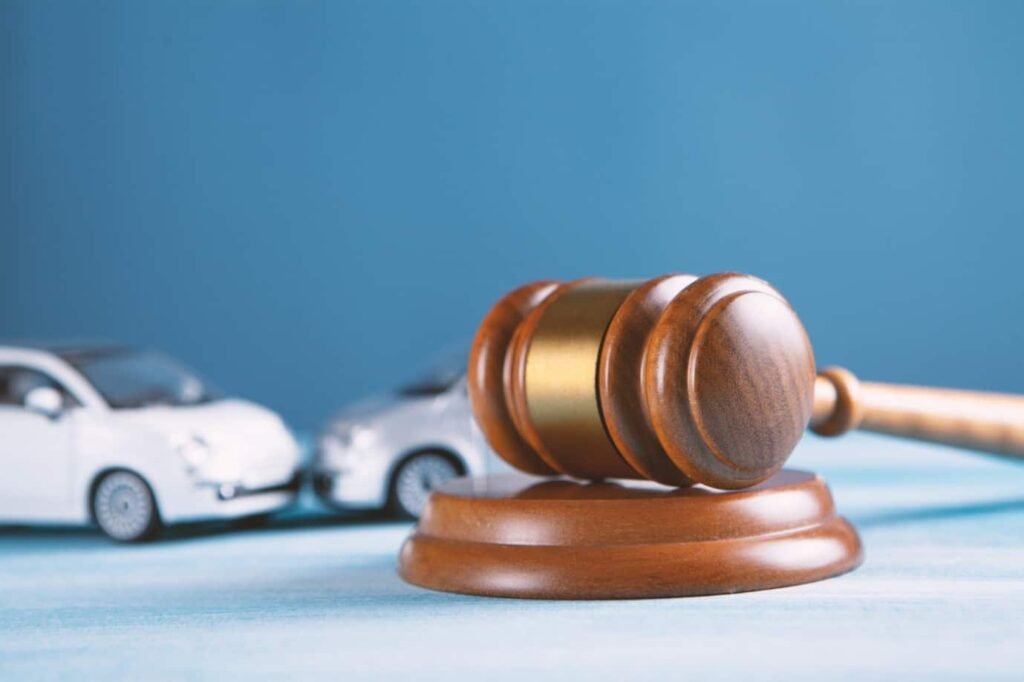Offshore accidents can be devastating, both physically and financially. Whether you’re a maritime worker, a passenger on a cruise ship, or involved in any offshore activity, understanding your rights and legal options in the event of an accident is crucial. In the United States, maritime law governs offshore accidents, and hiring an experienced offshore accident lawyer can make all the difference in ensuring you receive the compensation you deserve. In this comprehensive guide, we’ll delve into everything you need to know about offshore accidents and how to find the right lawyer to represent your case.
Understanding Offshore Accidents
Offshore accidents encompass a wide range of incidents that occur at sea or on offshore structures such as oil rigs, cruise ships, fishing vessels, or cargo ships. These accidents can result from various factors, including equipment failure, negligence, rough weather conditions, or human error. Common types of offshore accidents include:

- Oil Rig Accidents: Workers on oil rigs face unique hazards such as explosions, fires, toxic exposure, and falls.
- Maritime Injuries: Seamen, longshoremen, and harbor workers are susceptible to injuries while performing their duties, including slips and falls, lifting injuries, and accidents involving heavy machinery.
- Cruise Ship Accidents: Passengers aboard cruise ships may experience accidents such as slips and falls, food poisoning, medical negligence, or even disappearances.
- Boating Accidents: Recreational boating accidents can occur due to collisions, capsizing, or equipment malfunction.
The Importance of Legal Representation
Navigating the legal complexities of maritime law requires expertise and experience. Maritime law differs significantly from other areas of law, and understanding the intricate statutes, regulations, and case precedents is essential for a successful claim. An offshore accident lawyer specializes in maritime law and has the knowledge and resources to handle cases involving offshore accidents effectively.
Qualities to Look for in an Offshore Accident Lawyer
When seeking legal representation for an offshore accident case, several key qualities distinguish a reputable lawyer:
- Experience: Look for a lawyer with a proven track record of handling offshore accident cases successfully. Experience matters when dealing with the complexities of maritime law.
- Specialization: Choose a lawyer who specializes in maritime law or offshore accidents. Specialized expertise ensures that your lawyer is well-versed in the nuances of maritime regulations and knows how to navigate the legal process effectively.
- Reputation: Research the lawyer’s reputation and read client testimonials or reviews. A reputable lawyer with a history of satisfied clients is more likely to provide quality representation.
- Resources: Ensure that the law firm has the resources and network to investigate your case thoroughly. Offshore accidents often require expert testimony, extensive documentation, and diligent investigation, so having adequate resources is crucial.
- Communication: Choose a lawyer who communicates openly and transparently throughout the legal process. You should feel comfortable asking questions and receiving regular updates on your case’s progress.
The Legal Process for Offshore Accident Claims
Filing a claim for an offshore accident involves several steps, including:
- Consultation: Schedule a consultation with an offshore accident lawyer to discuss the details of your case. During the consultation, the lawyer will assess the viability of your claim and explain your legal options.
- Investigation: The lawyer will conduct a thorough investigation into the circumstances surrounding the accident, gathering evidence, interviewing witnesses, and evaluating liability.
- Negotiation: In many cases, offshore accident claims are resolved through settlement negotiations with the responsible parties or their insurance companies. Your lawyer will negotiate on your behalf to secure fair compensation for your injuries and losses.
- Litigation: If a settlement cannot be reached, your lawyer will file a lawsuit and represent you in court. Litigation involves presenting evidence, arguing legal points, and advocating for your rights before a judge or jury.
- Resolution: The legal process concludes with a resolution, either through a settlement agreement or a court verdict. Your lawyer will ensure that you receive the compensation you deserve for your injuries, medical expenses, lost wages, and other damages.
Conclusion
Offshore accidents can have devastating consequences, but with the right legal representation, you can protect your rights and pursue fair compensation for your losses. If you’ve been injured in an offshore accident in the USA, don’t hesitate to seek the assistance of an experienced offshore accident lawyer. By choosing a lawyer with the necessary expertise, resources, and dedication, you can navigate the complexities of maritime law with confidence and secure the justice you deserve.
Thank you for visiting!
You will be redirected shortly…